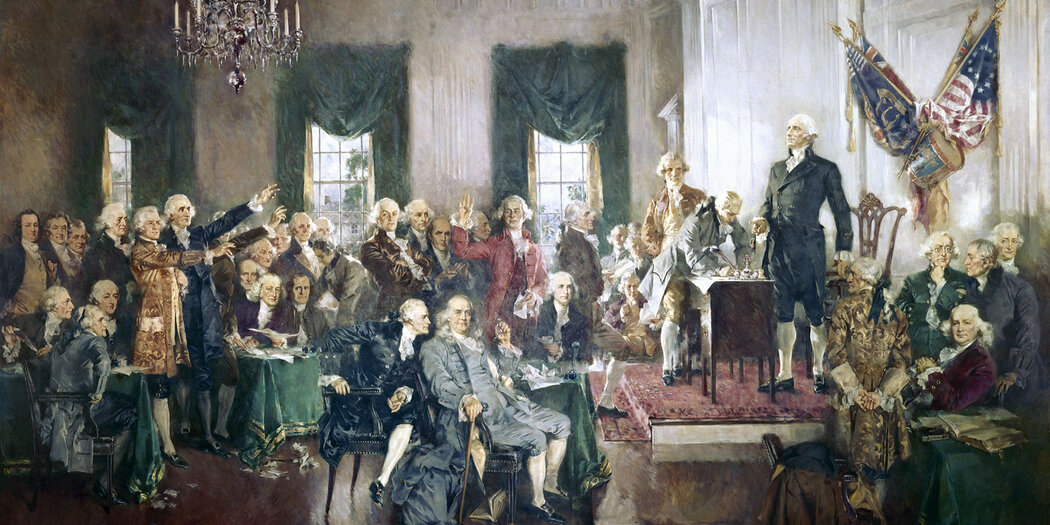Hum Dinger
Gold Member
- Aug 19, 2008
- 11,939
- 4,400
- 315
Scotus is currently hearing arguments in the Moore v. Harper case which questions whether State courts have the right to overrule the State Legislatures in matter regarding federal elections.
This is an entirely bogus concept of the question. Courts never set the law and never truly 'overrule' state legislatures. They compare actions by the State legislatures against previous actions by the State Legislatures for consistency and 'overrule' current State Legislature's actions if they are inconsistent with previous State Legislature actions.
In other words, it is earlier State Legislatures that ratify the State Constitution and all laws regarding Federal elections in that State. The courts simply judge whether there is consistency between current State Legislature actions and all actions by previous State Legislatures.
State Legislatures both current and earlier have absolute control over how Federal Elections are run. If the current State Legislature does not agree with previous State Legislatures, they are free to amend the State Constitutions, nullify existing law or create new laws. They have remedies.
What Moore v. Harper is really about is whether the current State Legislature can act whimsically without respect for any existing law. Nor would it require them to change the State Constitution or laws, which they do not want to do - because they would have to live with those changes in the future.
In essence Moore v. Harper is an attempt to create lawless State Legislatures.
This is an entirely bogus concept of the question. Courts never set the law and never truly 'overrule' state legislatures. They compare actions by the State legislatures against previous actions by the State Legislatures for consistency and 'overrule' current State Legislature's actions if they are inconsistent with previous State Legislature actions.
In other words, it is earlier State Legislatures that ratify the State Constitution and all laws regarding Federal elections in that State. The courts simply judge whether there is consistency between current State Legislature actions and all actions by previous State Legislatures.
State Legislatures both current and earlier have absolute control over how Federal Elections are run. If the current State Legislature does not agree with previous State Legislatures, they are free to amend the State Constitutions, nullify existing law or create new laws. They have remedies.
What Moore v. Harper is really about is whether the current State Legislature can act whimsically without respect for any existing law. Nor would it require them to change the State Constitution or laws, which they do not want to do - because they would have to live with those changes in the future.
In essence Moore v. Harper is an attempt to create lawless State Legislatures.

